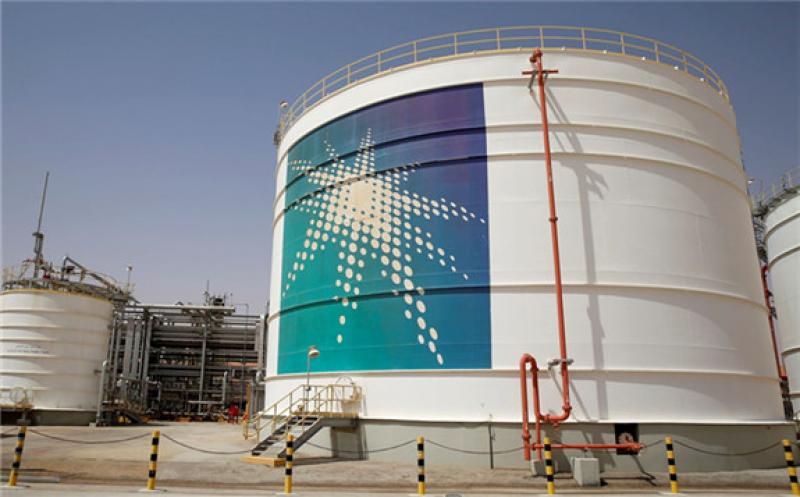Saudi oil giant Aramco lifted its official selling price (OSP) for its flagship Arab Light grade for key customer Asia by $0.30 a barrel to a premium of $3.00 a barrel above the Dubai/Oman benchmark, off which Middle Eastern producers price their oil going to Asia, according to an Aramco price list seen by Reuters.

The pricing of Saudi crude oil generally sets the trend for the pricing for Asia of other Gulf oil producers such as the United Arab Emirates (UAE), Kuwait, Iraq, and Iran.
And when Saudi Arabia lifts the price of its crude, it is quietly conveying its confidence that oil demand is on the rise.
The pricing of Saudi Aramco affects as much as 12 million barrels per day (bpd) of Middle Eastern crude grades going to Asia.
For September, Saudi Aramco is raising the OSPs of all its crude grades in Asia by between $0.20 and $0.60 per barrel.
This hike in Saudi prices for Asia was the second consecutive monthly increase after Aramco aggressively raised its OSPs for August last month amid the OPEC+ stalemate and the subsequent deal.
The move to additionally raise prices for the key Asian market for September was expected by Asian refiners, according to a Reuters poll from last week. Refiners had expected an average $0.36 a barrel increase in the price of Arab Light loading for Asia in September due to strong demand for light grades and higher Middle East benchmarks.
The Saudis also raised the OSPs for the United States, albeit by a smaller margin. The price of Arab Light was lifted by $0.10 to a $1.35 a barrel premium over the Argus Sour Crude Index (ASCI). All grades for the US for September will be priced $0.10 a barrel higher than for August, with the exception of Arab Extra Light, whose price was raised by $0.20 a barrel to a $2.40 a barrel premium over ASCI.
Saudi Aramco, however, reduced the prices for September for all grades going to northwest Europe and the Mediterranean, likely because of still struggling refining margins in these two regions.